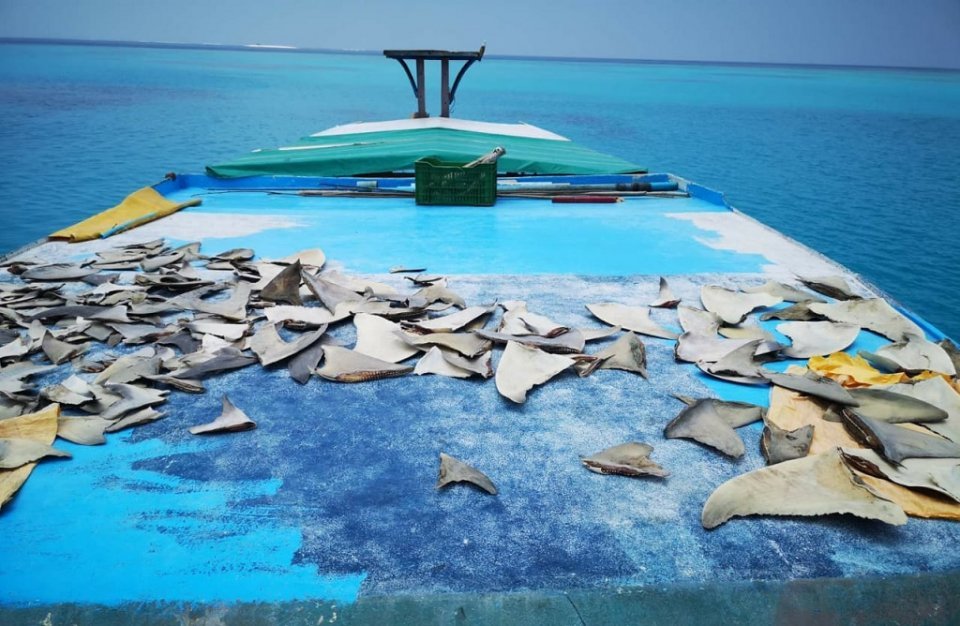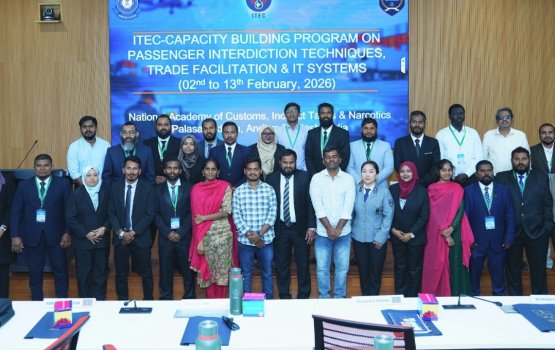The Fisheries Ministry had ruled out any plans to allow targeted shark fishery in the country as several environmental activists have voiced concerns over the government's supposed plan to lift the 10 year-old ban.
In a statement, the Ministry said that the Maldives imposed a ban on fishing shark within its Exclusive Economic Zone (EEZ) back in 2010 and that the complete ban has been reinforced with the recent changes to the fisheries regulatory framework following the enactment of the new Fisheries Act of the Maldives in 2019.
The Ministry also said that it had come to the Ministry's attention that there concerns regarding recent statements made by the Fisheries Minister Zaha Waheed at the Parliamentary committee of Economic Affairs where she has touched on the subject of bringing amendments to the shark fishery ban.
The Ministry clarified that her statements were made in relation to the discussions on re-instating longline fishery targeting bigeye tuna and the discussions had taken place internally at a technical level.
It said that in no way these discussions focused on lifting the ban on shark fishery.
The Statement also noted that fishers operating in internal waters targeting reef-based species and handling yellowfin tuna fishers have raised complaints that their respective fisheries and income have been affected by shark depredation in recent years.
But the Ministry assured that upon conducting research on this matter, preliminary results do not indicate that the shark populations have significantly increased or fully recovered since the ban was implemented 10 years back.
It said rather the perceived increase in shark population and depredation could be due to regular shark feeding practices as well as dumping bio-degradable waste into the ocean.
The Ministry had urged the public, divers, and the tourism industry to refrain from feeding or chumming as a means to attract sharks.
It concluded by saying that it does not intend to permit a targeted shark fishery in the Maldives and that it understands the concerns raised by fishers over impacts on their livelihood.
The Ministry noted that it welcomed open dialogue with all stakeholders on how to protect the shared natural resources while maintaining sustainable traditional means of livelihoods.










